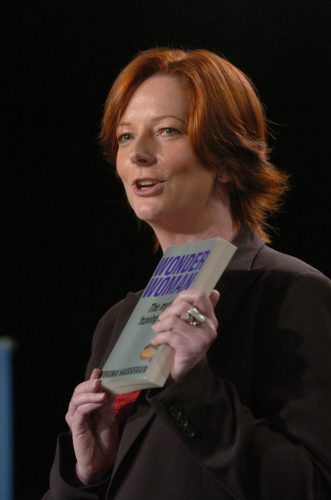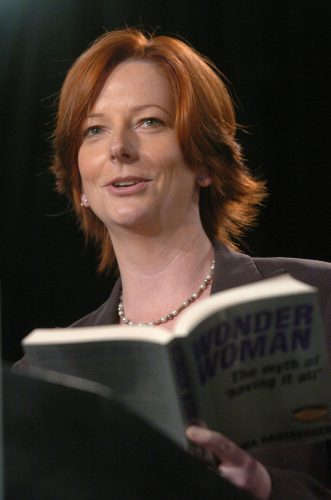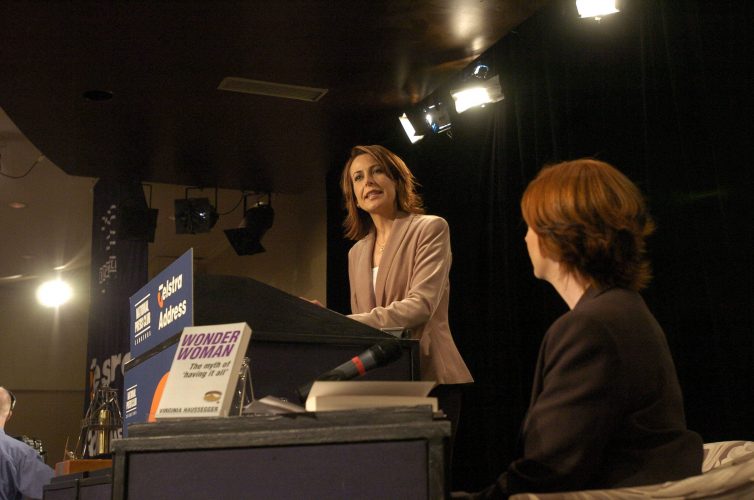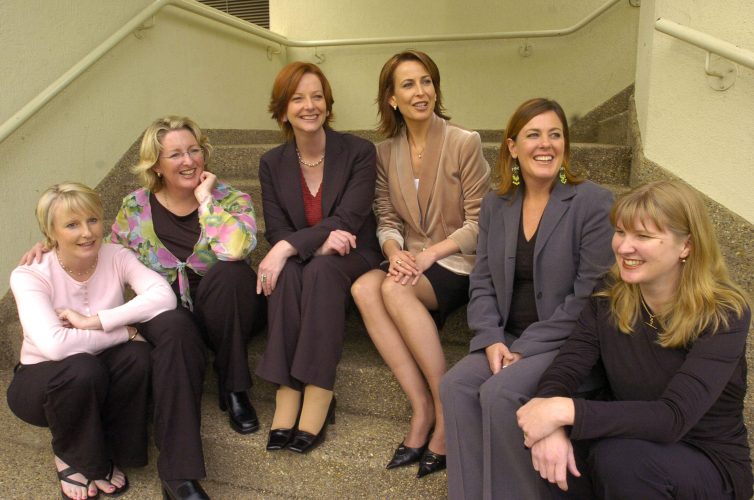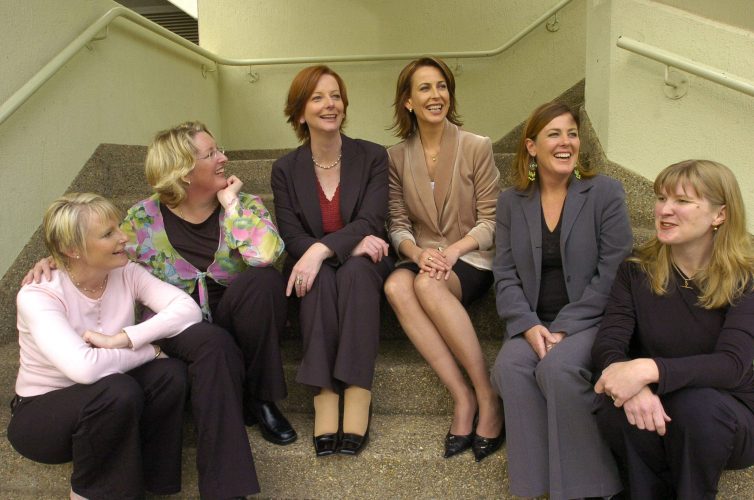There are 16 movements of your foot each time you take a small step: lifting, swinging, placing, feeling, pressing, and so on. If you paid full attention to each of these movements, it might take half an hour to walk a few paces. You won’t get far. But you will experience slowness.
The first time I watched people move like this, with such exactitude and grace as they lifted bare feet off dirt ground and slowly and silently placed one foot in front of the other, the effect was mesmerising. Right now, in a Burmese Buddhist forest monastery they’re doing it again.
While for most of us the Christmas-New Year break is a hectic time of over-indulgence and excess consumption, for a small but growing band of Westerners it’s a time to break free of the relentless work and play routine, to stop and relearn how to go slow. To that end, the meditation centres and monasteries of Burma have become something of a mecca for Americans, Germans, Brits and even a few dozen Australians. There, under the guidance of elderly and non-English-speaking monks, Westerners are learning how to slow down: walk slowly, stop slowly, sit and eat slowly and even think slowly, paring our rapid-fire brain processes down to a single thought at a time. The discipline of going slow forms the pathway to learning vipassana meditation in the Burmese tradition.
The conditions are basic and the rules are strict: no talking, no reading, no eye contact with others, no eating after noon and, harshest of all – no crying out with pain, despite the hours of sitting motionless and cross-legged on a dirt or concrete floor. Any Westerner wanting to be subject to such semi-torture (believe me, it is) has to commit to staying the distance. There’s no popping-in for a quick-fix of tranquillity for a few hours or days. The most popular Burmese meditation retreat for Westerners begins before Christmas and lasts nine weeks. It’s booked out months in advance.
So why do it? Naturally each meditator has a myriad personal reasons. But it’s fair to say that among the Westerners who travel to these places, most are simply desperate. Desperate to stop, to slow down and to take stock for a while. And is it any wonder, given the pace at which we all run?
Despite efforts and rhetoric to the contrary, we are all working harder and longer. Across OECD countries over the past 35 years there has been a gentle reduction in the average hours worked. But in Australia, according to the Australian Bureau of Statistics, the last couple of decades have seen us up the hours. While we’re averaging 42 hours, Europeans are clocking up 38 hours a week. Australians work a couple of hundred hours a year more than the French but we also put in longer annual hours than workers in the US, Britain, Germany, Italy, Sweden, the Netherlands, Ireland – the list goes on. In fact one of the few countries working longer hours than us is Korea – and they look happy don’t they?
Not only have our average working hours increased, but the number of Australians working what the ABS dubs ”very long hours” has increased. Among fathers with kids under 15, one- third now work more than 50 hours a week.
All of this hard work would be fine, if it was what we wanted. But it isn’t. A growing number of Australian want to slow down, work less and spend more time just living. Day-dreaming or staring out the window has itself gone out the window. We simply don’t have time for non-productive pondering.
In a research paper published last month by the University of Melbourne, Long work hours: Volunteers and Conscripts, the authors describe the increasing ”mismatch” between the hours Australians work and the hours we would prefer to work. While most of those who put in over 50 hours a week initially ”volunteer” to do it and are happy to take on the load, the research found that the gloss of hard work and its rewards eventually wear off.
Over time, the longer we work and the greater our employer’s expectation that we will put in long nights, the less willing we are to do so. Those ”volunteers” invariably, with time and age, begrudge the lack of family time and me-time. But once there, we’re stuck.
According to the research, our high level of debt and ”work-and- spend cycle” means we get ”trapped”. Once we’ve grown to depend on the extra wage that accompanies additional hours, we’re inclined to hang in there. But now, feeling somewhat dragooned into a long working week, the so- called ”volunteer” often becomes an unwilling ”conscript”.
And it gets worse. In a ridiculous post-modern paradox, it seems the longer we work, the more time we think we need. So we speed up. As we work faster we’re hoping to get more done in less time to give us more time. Before we know it, we’re beset with what American physician Larry Dossey dubbed ”time sickness”: a fear that time is forever racing away from us. How do we deal with it? We push harder, work longer and race faster.
No wonder we’re all exhausted this Christmas.
